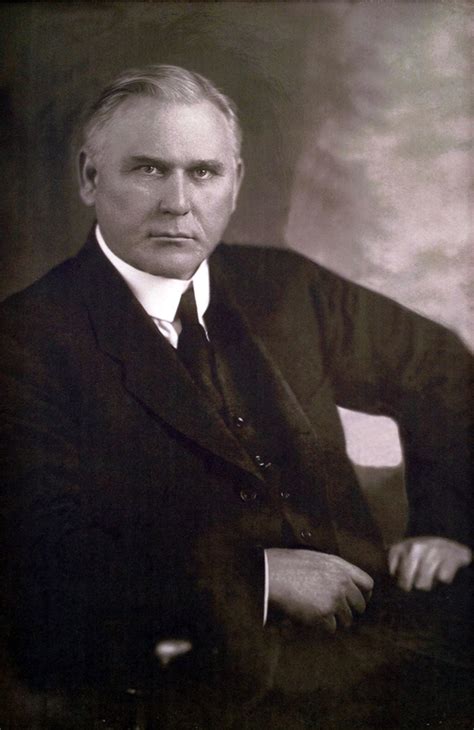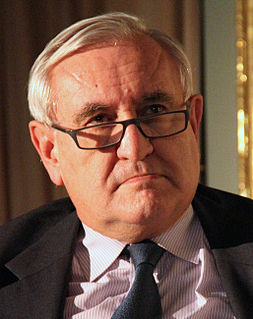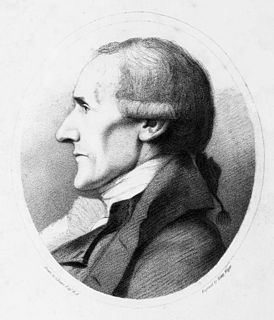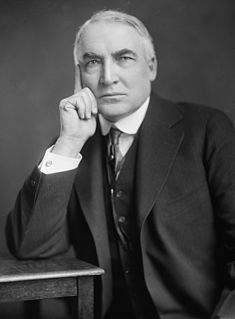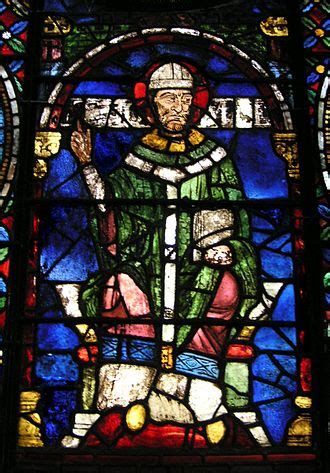A Quote by Frank Lloyd Wright
Toleration and liberty are the foundations of a great republic.
Quote Topics
Related Quotes
Our contention is not for mere toleration, but for absolute liberty. There is a wide difference between toleration and liberty. Toleration implies that somebody falsely claims the right to tolerate. Toleration is a concession, while liberty is a right. Toleration is a matter of expediency, while liberty is a matter of principle.
The lessons of religious toleration - a toleration which recognizes complete liberty of human thought, liberty of conscience - is one which, by precept and example, must be inculcated in the hearts and minds of all Americans if the institutions of our democracy are to be maintained and perpetuated. We must recognize the fundamental rights of man. There can be no true national life in our democracy unless we give unqualified recognition to freedom of religious worship and freedom of education.
I shall not remind you, Citizen-Directors, of all I have done for the triumph of liberty, the prosperity of St. Domingo, the glory of the French Republic; nor will I protest to you my attachment to our mother country, to my duties; my respect to the constitution, to the laws of the Republic, and my submission to the government.
[A] republic . . . [is] a government, in which the property of the public, or people, and of every one of them was secure and protected by law . . . implies liberty; because property cannot be secured unless the man be at liberty to acquire, use or part with it, at his discretion, and unless he have his personal liberty of life and limb, motion and rest, for that purpose.
How any human being ever has had the impudence to speak against the right to speak, is beyond the power of my imagination. Here is a man who speaks-who exercises a right that he, by his speech, denies. Can liberty go further than that? Is there any toleration possible beyond the liberty to speak against liberty-the real believer in free speech allowing others to speak against the right to speak?
We are descended from a people whose government was founded on liberty; our glorious forefathers of Great Britain made liberty the foundation of everything. That country is become a great, mighty, and splendid nation; not because their government is strong and energetic, but, sir, because liberty is its direct end and foundation.

